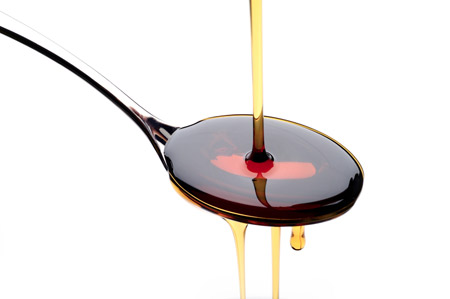‘Confusing’ Labelling Could Potentially be Misleading Consumers on Honey and So-Called Healthier Syrups
Category: Sugar

(New Food) – This data comes from a survey by Action on Sugar at Queen Mary University of London, which analysed a total of 223 honeys, sugars and syrups, all widely available in UK supermarkets. The results of this mean that consumers could still be adding excessive amounts of honey and syrups to food and drink products believing them to be ‘healthy alternatives’ to table sugar, not knowing there are almost as much sugars in them as in table sugar. Table sugar refers to sucrose, a disaccharide of glucose and fructose, it is commonly produced from refining sugar from sugar cane and sugar beet.
Despite the fact that the official definition of free sugars puts honey and syrups in the same category as table sugar, consumers are still potentially being misled through claims on packaging that imply honey and other types of free sugars are healthier alternatives to table sugar.
Action on Sugar is calling today for the Secretary of State for Health, Matt Hancock MP, to mandate clearer labelling in his upcoming green paper on prevention, and for Public Health England (PHE) to create wider education for consumers via its nationwide Change4Life programme about other sugar variants such as honey and syrups added to products and their contribution to maximum sugar intake (30g/day max per adult or around seven teaspoons).
“It’s disappointing that companies boast about products containing honey, knowing that honey and syrups are nearly as high in sugars as table sugar,” said Dr Kawther Hashem, Campaign Lead at Action on Sugar based at Queen Mary University of London. “The amount added is often really small (1 or 2g) while the main sweetening ingredient continues to be other high-sugar syrups and table sugar (25g). This is to mislead customers into thinking the products are healthier and better than they really are. Our advice is to always opt for less sweetness by using less sugar, syrups and honey.”
Consumers are being warned that the evidence around the supposed health benefits of honey is limited. There are no approved health and nutrition claims for honey. The National Institute for Health and Care Excellence and PHE found there was only enough evidence from randomised controlled trials to suggest honey reduced symptoms of acute cough in children and young people, however, it was noted in these guidelines that honey is still a sugar and can contribute to tooth decay.
Mandatory front-of-pack labelling, clearly outlining the sugars from free sugars and their contribution to our maximum sugar intake is vital. Action on Sugar found products sold in supermarkets boast the addition of honey in their product descriptions – often misleading consumers into thinking they are a healthier option – yet contain up to 25 times more table sugar or other syrups than honey.
It is not just in supermarkets that these confusing messages are being given to customers. Popular so-called healthier syrups and sugar alternatives (agave syrup and brown or coconut sugar for example) are often promoted as healthier options in independent coffee shops too.
Moreover many of the leading cafes promote honey as part of their ‘healthy’ porridge offering, which is still contributing to a person’s maximum free sugars intake.




